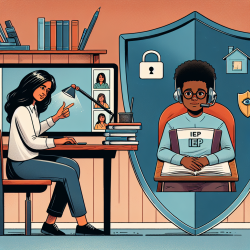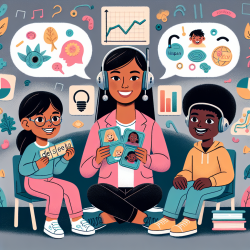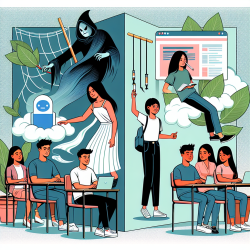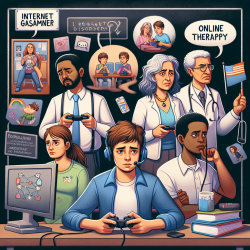In the evolving landscape of special education, online therapy services, also known as telepractice, have become a crucial component of many schools' Individualized Education Programs (IEPs). While the benefits of telepractice are numerous—ranging from increased accessibility to a wider range of specialists to more flexible scheduling—there is an important question that must be addressed: How safe is your school’s online therapy platform?
As a Special Education Director, the safety and well-being of your students are your top priorities. Ensuring that the online therapy services you utilize are secure is paramount. This blog will delve into the various aspects of telepractice safety and provide actionable steps to ensure that your school’s online therapy services meet the highest standards of security.
Understanding the Risks
Before we can address how to mitigate risks, it's important to understand what those risks are. Online therapy platforms, like any other digital service, are susceptible to several types of security threats:
- Data Breaches: Unauthorized access to sensitive student information.
- Phishing Attacks: Malicious attempts to gain access to login credentials.
- Software Vulnerabilities: Weaknesses in the platform that can be exploited by hackers.
These risks are not just theoretical; they can have real-world consequences. A data breach could result in the exposure of sensitive student information, leading to a loss of trust from parents and potentially even legal ramifications.
Security Measures to Look For
When evaluating online therapy platforms, there are several key security measures you should look for:
- Encryption: Ensure that the platform uses strong encryption methods to protect data both in transit and at rest.
- Two-Factor Authentication (2FA): Adds an extra layer of security by requiring not just a password but also a second form of identification.
- Regular Security Audits: The platform should undergo regular security audits by third-party experts to identify and fix vulnerabilities.
- Compliance with Regulations: The platform should comply with all relevant regulations, such as FERPA and HIPAA, which govern the protection of student information.
Best Practices for Schools
In addition to choosing a secure platform, there are several best practices that schools can follow to enhance the safety of their online therapy services:
- Training: Provide regular training for staff on cybersecurity best practices, including how to recognize phishing attempts and the importance of using strong, unique passwords.
- Access Controls: Limit access to sensitive information to only those who need it to perform their job duties.
- Incident Response Plan: Have a plan in place for responding to security incidents, including how to notify affected parties and how to mitigate the impact.
Taking the Next Step
As a Special Education Director, you have a responsibility to ensure that the online therapy services your school uses are safe and secure. By understanding the risks, evaluating platforms for key security measures, and implementing best practices, you can help protect your students and their sensitive information.
If you’re curious about how TinyEYE can help your school meet these security standards, we invite you to reach out for a consultation. Our platform is designed with security in mind, ensuring that your students receive the highest quality therapy services in a safe and secure environment.
Don’t leave your school’s online therapy safety to chance. Take the next step today to ensure the security and well-being of your students.










